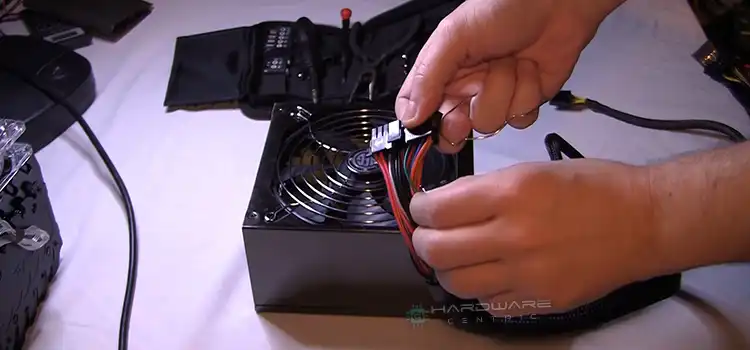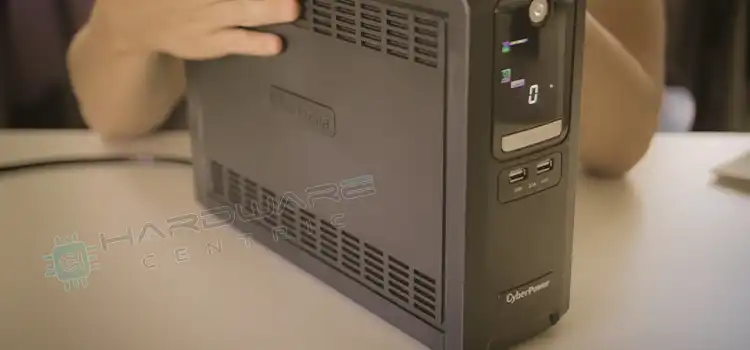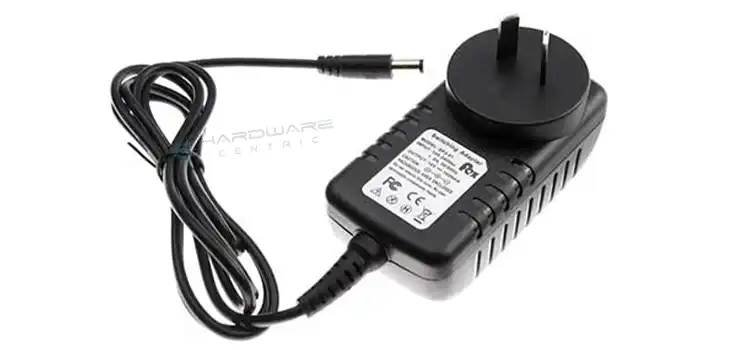10A vs 15A Power Cord | Differentiating Between Them
A 15A power cord has a larger earth pin and requires a heavy-duty wire to carry the load compared to a 10A power cord. It also has a heavier build than a 10A one. For operating larger and multiple appliances at the same time, a 15A power cord is typically used.
Therefore, if you are wondering which one you should choose, first of all, you need to notice where they get differentiated. To get to know about the differences further, stick with this post till the end.
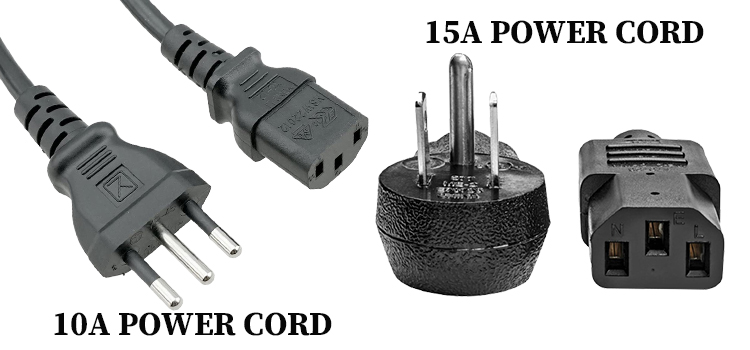
Differences Between 10A and 15A Power Cords
10A and 15A, both types of power cords are frequently used at the home, office, or any place where you require power. Sometimes it becomes confusing to differentiate between them or when to use them. Therefore, it is of great importance to know when and where to use a power cord of a specific rating to avoid fire hazards.
1. Physical Differences
There are multiple ways to distinguish between these two types of power cords even though many people get confused. One of the most noticeable physical differences between these two cables is the gauge of the wire used in them. The cable used in a 15A power cord should be thicker than a 10A cable.
2. Earth Pin
As the 15Amp circuit is a single dedicated single outlet and a single-phase circuit, it requires a robust wire to carry the load. Besides, these sockets and plugs have a larger earth pin which can be easily distinguished. As a result, a 15A power cord cannot be inserted into a 10A supply. However, a 10A power cord will fit into a 15A socket.
3. Appearance
When the plugs are looking similar, you may have to pull the power outlet apart to see the differences. The 15A power cords have heavier construction than the 10A ones. They also have larger contacts in the switch and heavier metal in the parts that contact the plug when compared to the 10A cords.
4. Power Consumption
A 15A power cord is for items that require more power than 10 Amps to operate. This depends on the item you are using. Of course, size is not the factor here. Comparatively, a small-sized item can take a lot more power than a bigger-sized item.
5. Power Requirement
Using a 10A power cord for an item that requires more than 10A can cause a short circuit and destroy the plug, rendering it completely useless. If one is not sure about the power requirement, getting a 15A power cord should be a better idea.
6. Suitable For Computer
For a personal computer, either cable should be fine. However, if your computer has a PSU with a power rating of more than 750W, then you may have to consider getting a 15A power cord.
7. Varying Loads
Also, if you are running one appliance at a time and lights, you will probably need a 10A power cord. But for heavier items such as electric kettles, microwaves, steamers, sandwich makers, etc. you will need 15 amps power cord.
If you are looking for a 10A or 15A Power Cord, then here are some worth looking into.
Our Verdict
From these differences, it is already quite assumable which cord is suitable for which items and circumstances. So, choose the power cord according to your usage of your preferable item.
Frequently Asked Questions (FAQs)
Should I use 15A at home?
It will be better to not use 15A if you do not have a 15A to 10A power adapter or a particular 15A power source placed at your home. The reason behind forbidding is they are proposed to connect to the 15A power outlet, caravans, home motors, etc that are rigged with a 15A power inlet.
Is it possible to replace a 20A plug with a 15A plug?
The fact is a power outlet’s amperage should not exceed the circuit’s relevant amperage that is on utilization. So, it can be said that the 20A circuits are compatible with both 20A and 15A power sockets. But on the contrary, the 15A sockets are only limited to 15A circuits.
Should a refrigerator be on a 10A circuit?
No, it should not. Basically, it is recommended that all freezers and refrigerators should be placed on a circuit of 15-20A dedicated 120V. When the current wiring becomes incapable of maintaining the additional power, it creates an electrical overload. With the aforementioned setup, the system will prevent such electrical overload.
Conclusion
Checking the power rating before using a specific power cord can prevent damage to the cord and avoid disastrous situations. As plugs and cables get damaged with use, it is a good idea to check the plugs and plug wires regularly.
Subscribe to our newsletter
& plug into
the world of PC Hardwares
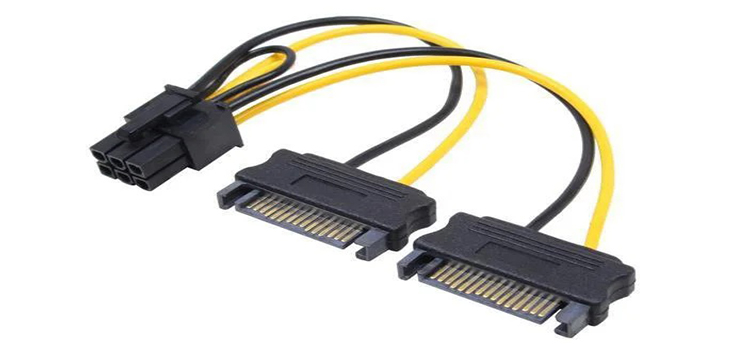
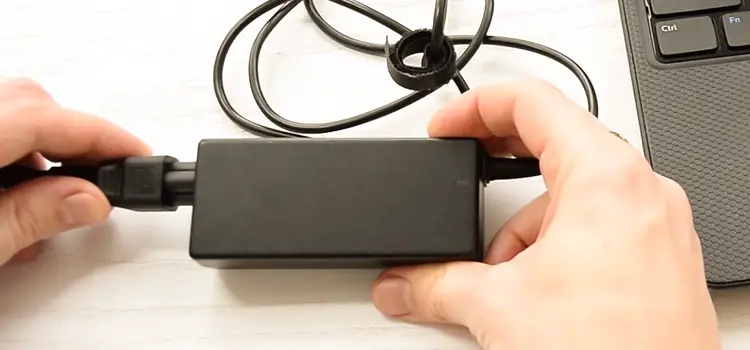
![[5 Solutions] Power Supply Fan Not Spinning](https://www.hardwarecentric.com/wp-content/uploads/2023/08/Power-Supply-Fan-Not-Spinning.webp)
